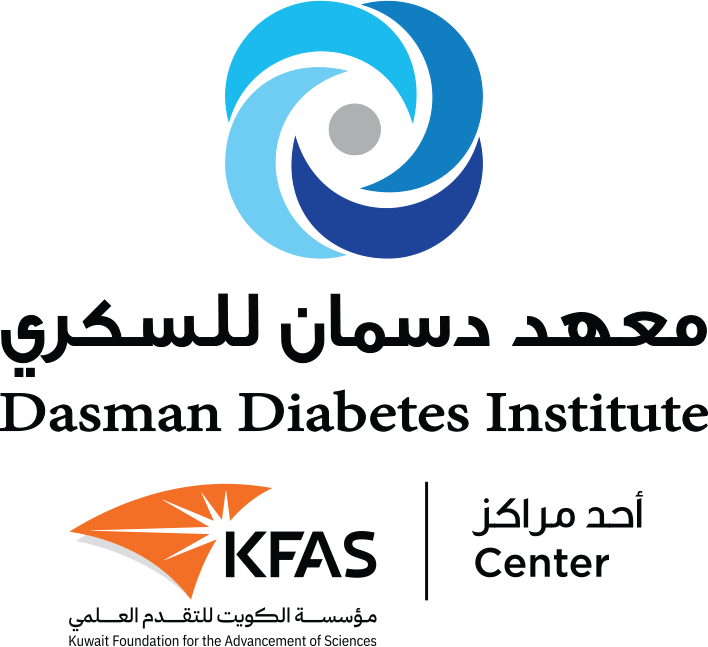DDI released a new tool PHARMAKU
Published on 01/01/2021
Tailoring treatments for each patient with precision medicine.
Modern medications save millions a year; however, most available drugs are “one size fits all” and fail to work similarly for everyone. It is difficult to predict who will benefit from a medication, who will not respond at all, and who will experience adverse drug reactions. Age, lifestyle, compliance, and co-morbidities influence our body’s response to medications; so do our genes. To control this added hurdle in treating patients, DDI researchers have developed a web-based pharmacogenomics tool, named PharmaKU.

This tool is user-friendly and has a comprehensive interface. It enables physicians and geneticists to carry out preventive pharmacogenomic testing, which helps to customize medication prescription by having a
patient’s genetic information before-hand.

This tool requires indeed that the patient has his whole genome sequenced, a service offered at DDI. The physician will input the patient’s genome variant file into PharmaKu and generate a personalized pharmacogenomic report. The first section of the report summarizes the genetic variants that the individual harbors in nine important pharmacogenes, along with the allele functionality, phenotype, and clinical dosage recommendation from established pharmacogenomic resources. For each listed gene in the first section, the second section details if the individual has normal, increased, or reduced-function alleles and the type of metabolizer (Poor/ Extensive (Normal)/ Intermediate/ Rapid/ Ultrarapid).
A Normal metabolizer responds to the standard drug dosage, poor/ intermediate metabolizers respond to reduced dosage, and ultrarapid metabolizers respond to increased dosage. Generally, the poor and ultrarapid metabolizers may respond better with alternative medication. This section also lists the drugs that are affected by the gene and drug dosage recommendation based on the individual’s genotype.
PharmaKU is anticipated to enable bench to bedside implementation of Pharmacogenomics knowledge by making Precision Medicine accessible to the physicians.
The software can be accessed at: http://ppgr.dasmaninstitute.org/.


